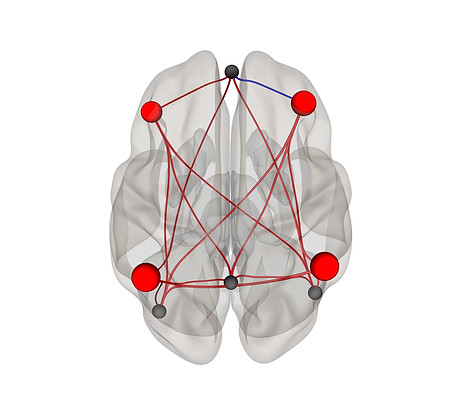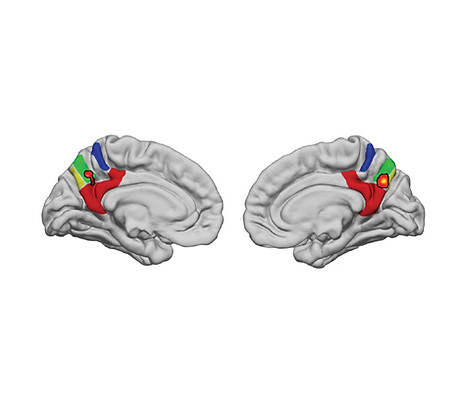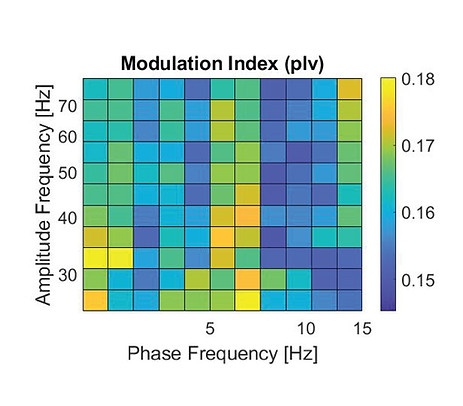
Current Research
University of Iowa

Sex differences in Parkinson's disease: Network Dynamics and Cognition
Narayanan Lab - P.I. Nandakumar Narayanan, MD, PhD
Parkinson's disease is a largely heterogeneous neurodegenerative disease, with etiology, symptomology, and treatment outcomes differing between the sexes. My recent work uses multimodal neuroimaging to uncover sex differences in neural dynamics (i.e., functional connectivity, spectral power, synchronization) that may contribute to differences in cognitive impairments.

Functional network connectivity in Parkinson's disease
Narayanan Lab - P.I. Nandakumar Narayanan, MD, PhD
I am currently investigating the alterations to the brain's functional architecture that occur in Parkinson's disease (PD). Multiple large-scale functional networks have been identified and linked to cognition. Using fMRI, I am defining the differences in functional connectivity of brain networks between healthy older adults and people with PD.

Induce neural coherence with brain stimulation
Narayanan Lab - P.I. Nandakumar Narayanan, MD, PhD
I am interested in the use of non-invasive brain stimulation (NIBS) as a tool to study the brain's functional architecture. NIBS can act a causal manipulation to probe the role of brain circuits or oscillations in cognition. It also has the potential to act a therapeutic tool to alleviate cognitive dysfunction in humans. I am currently investigating the use of transcranial alternating current stimulation (tACS) to induce neural synchrony between brain areas to improve cognition.

Elucidating a functional role for the precuneus
Boes Lab - P.I. Aaron Boes, MD, PhD
Defining brain-behavior relationships is essential to understanding the role of specific brain regions in cognition and behavior. Some brain areas are more understood than others. One brain region whose function is not entirely understood is the precuneus. I am currently working to identify a functional role for the precuneus using MRI data from patients with focal brain lesions.

Investigating the role of theta oscillations in cognition
Narayanan Lab - P.I. Nandakumar Narayanan, MD, PhD
Neural frequencies have been linked to different brain states, as well as to various aspects of cognition. Brain activity that oscillates in the theta range (4-8 Hz) has been shown to be important for cognitive control. My research aims to understand how theta is involved in particular aspects of cognitive control, with a specific interest in the role of theta in cognitive deficits in Parkinson's disease.